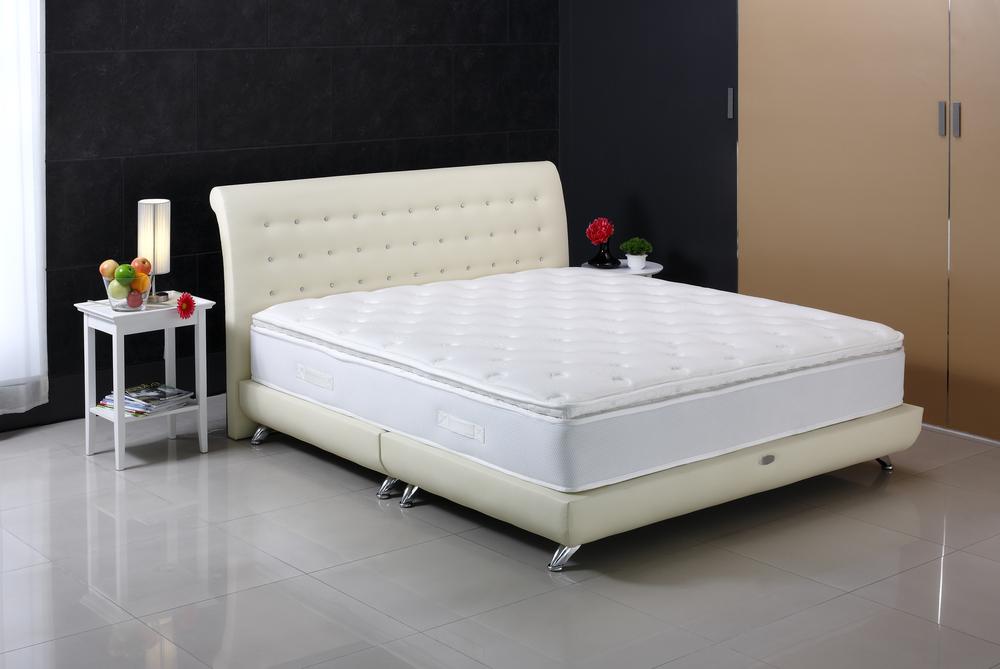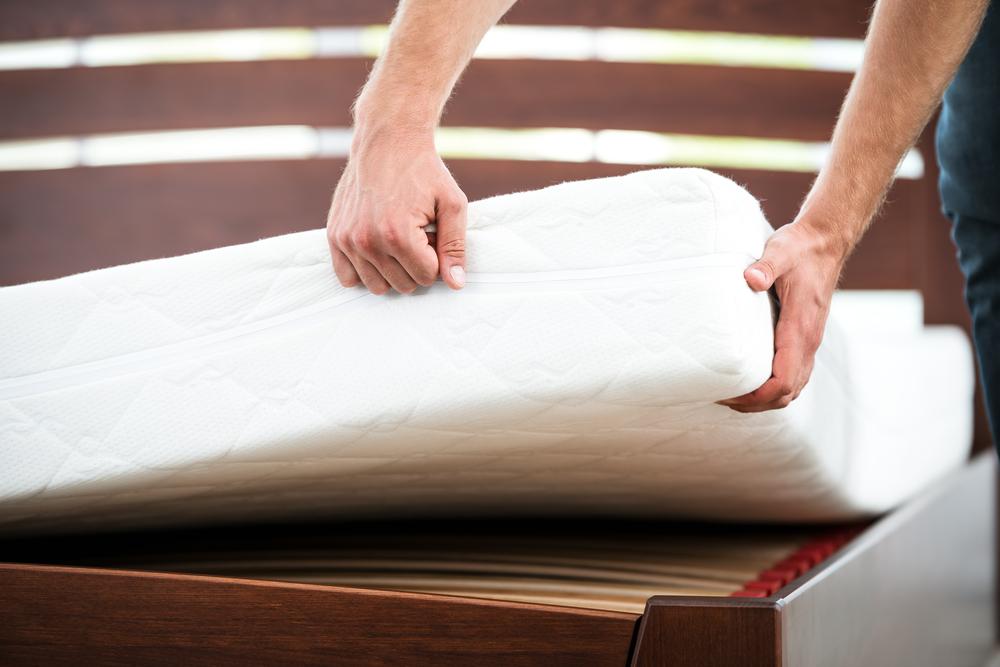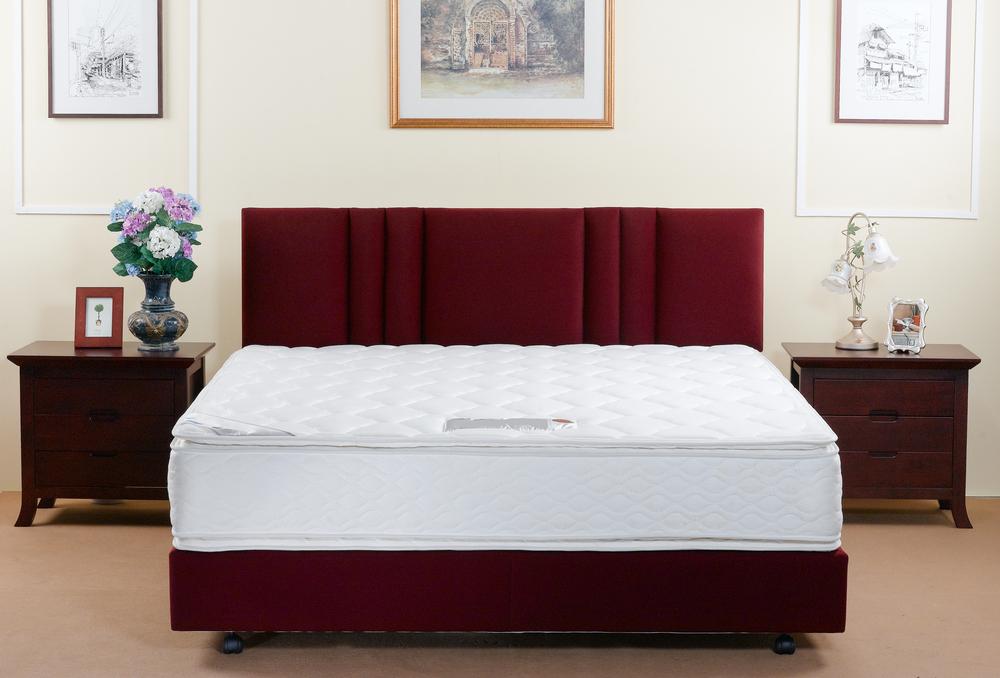Guide to Selecting the Ideal Mattress for Better Sleep
Discover essential tips for choosing the perfect mattress, considering factors like budget, allergies, sleeping position, and health needs. Make an informed investment for better sleep, comfort, and overall well-being, with tips on selecting support types suited for your body and preferences. Ideal for those seeking to improve sleep quality or purchasing a new mattress.

Guide to Selecting the Ideal Mattress for Better Sleep
A restful sleep is essential for maintaining good health, especially in today’s busy lifestyle. The quality of your mattress plays a crucial role in ensuring restorative sleep, influenced by factors like room temperature, stress levels, and comfort. When choosing a new or used mattress, certain key points should be considered to make an informed choice that benefits your overall well-being.
Budget Considerations
A durable mattress typically lasts 8-10 years. Avoid extremely low-cost options, as they often compromise on quality, durability, and may contain harmful substances. Investing in a mattress made from high-quality materials such as memory foam, innerspring, or hybrid designs is wise. While slightly pricier, a good mattress supports your health long-term, making it a valuable investment.
Choosing the Right for Allergies
If you have sensitive skin or allergies, opt for mattresses made of latex or foam, which resist mold, dust mites, and fungi. Latex mattresses usually come at a higher price but can often be found during seasonal sales. If you prefer innerspring mattresses, ensure they are encased in allergen-resistant covers to prevent irritants from affecting your sleep.
Sleeping Position
For stomach sleepers, dense innerspring or latex mattresses prevent suffocation. Side sleepers should select mattresses with pressure relief features, such as memory foam or latex, to cushion joints. Back sleepers can generally choose between various types but benefit from slightly firmer options like hybrids or innerspring mattresses.
Addressing Back and Joint Concerns
Those with osteoporosis or chronic back pain need medium-firm mattresses that maintain spinal alignment and alleviate pressure points. Avoid overly hard mattresses, which can exacerbate discomfort. Heavier individuals should opt for firmer support, like latex or hybrid models. Many retailers offer trial periods for online purchases, allowing you to test comfort and return if unsatisfied. Look out for seasonal sales on specialized mattresses to save costs.
Considering Weight
Heavier or obese sleepers should choose firm support options such as innerspring or hybrid mattresses, which offer better support and durability. Memory foam might retain too much heat, making it less suitable for heavier individuals, so prioritize supportive, cooling options.
When shopping for a mattress, keep these factors in mind to prioritize your health and sleep quality. During sales events, take advantage of discounts to find quality options within your budget.
Note:
Our website provides comprehensive information across various topics to help readers make informed decisions. While we strive for accuracy, please consider that data may vary across sources. The content should not replace professional advice or research, and we are not responsible for discrepancies or offers outside our scope.










